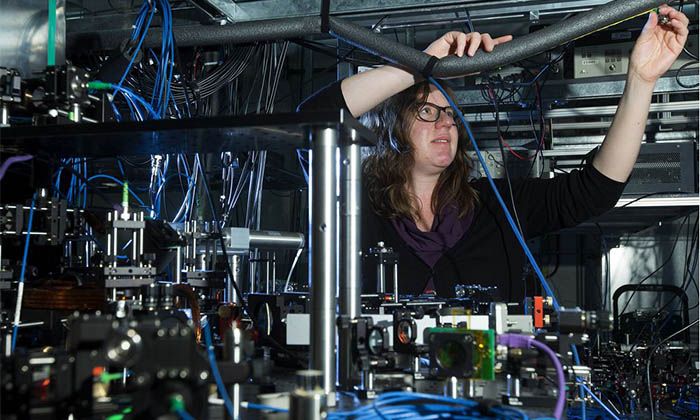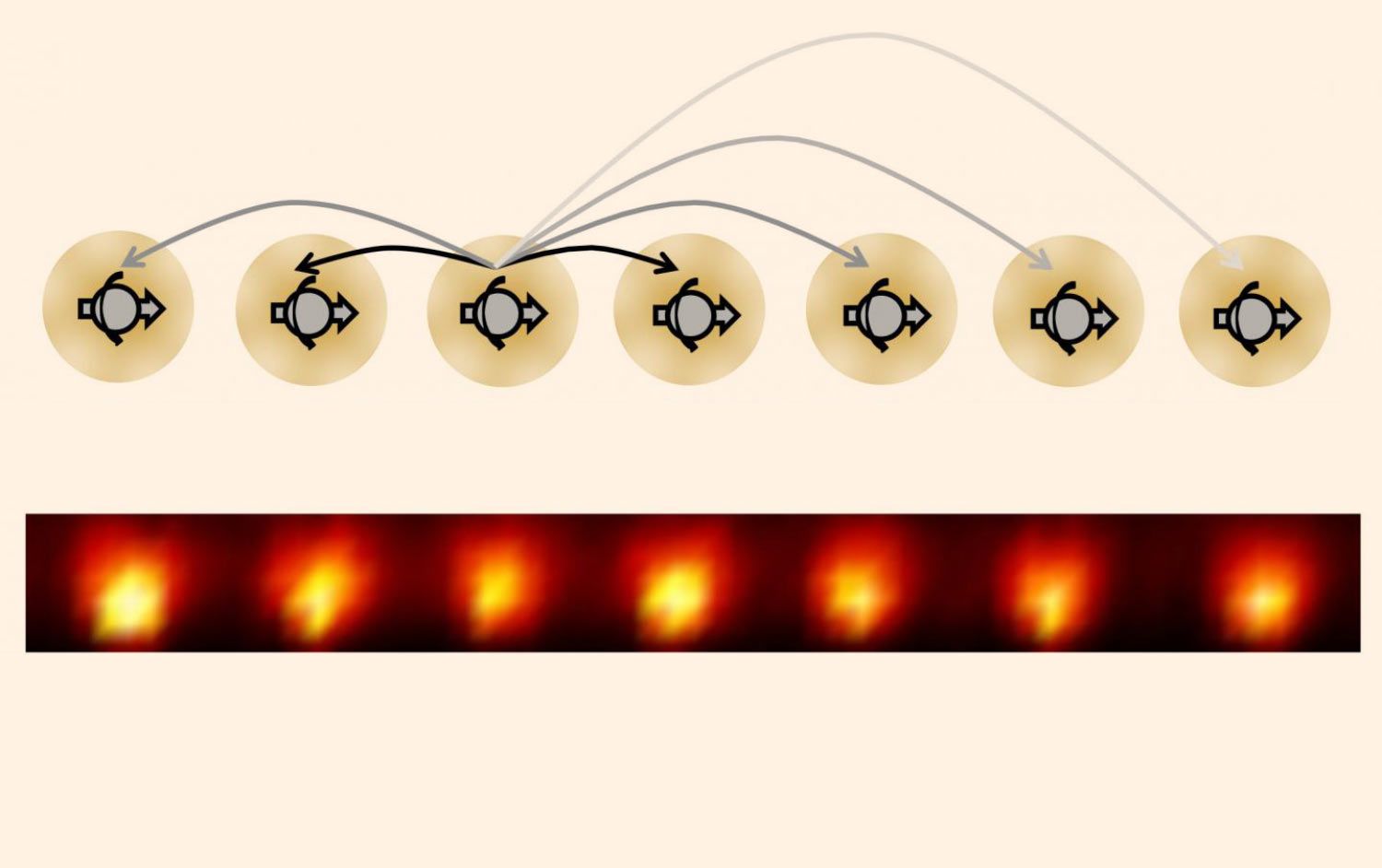I cannot wait. However, wish they would look at cancer treatment as one of the first trials.
SCIENCE
Medical Robotics: Microrobots Could Be The Answer To Future Medicine
More specifically, nanorobotics refers to the theoretical nanotechnology engineering discipline of designing and building nanorobots for medical aid.









